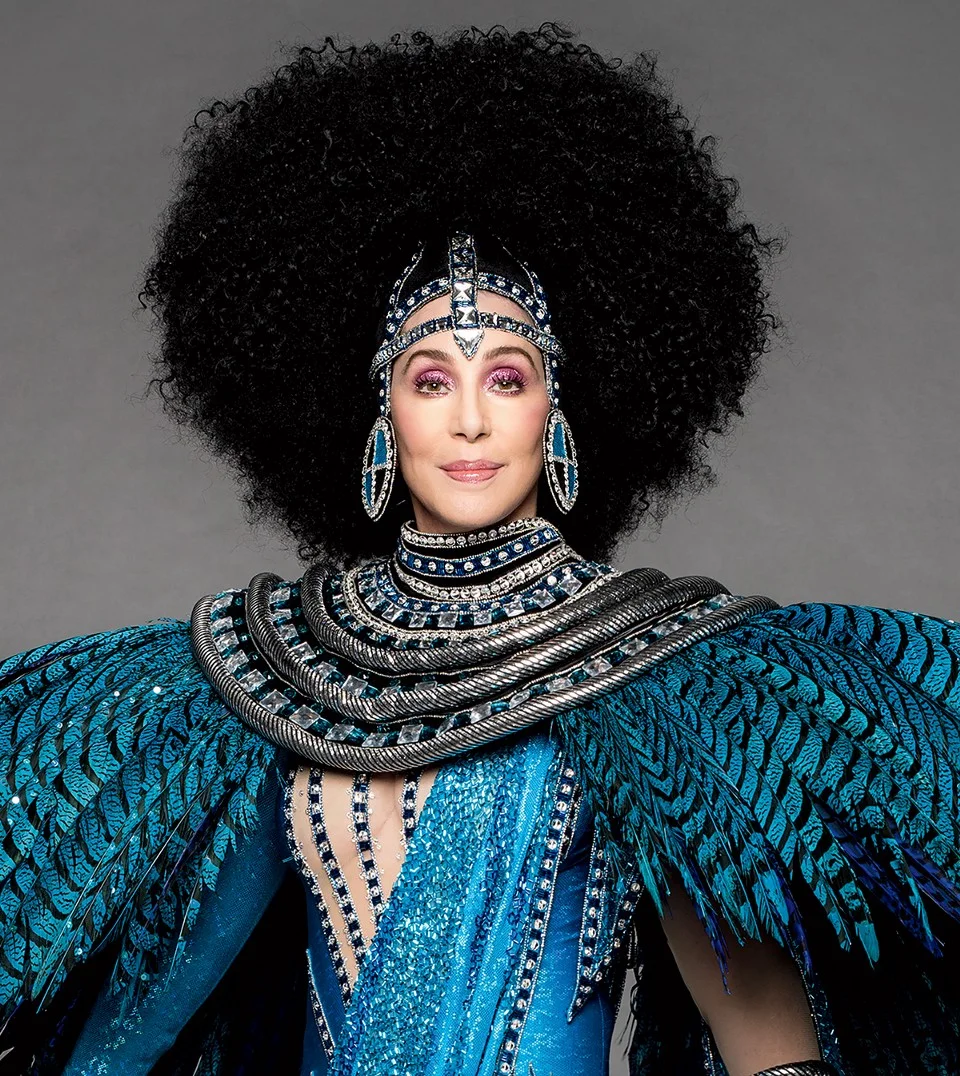Of greater note is how gender does and doesn’t come into play: if you’re a conservative male journalist you really adhere to notions that say emoji-aren’t-for-you. If you’re a celebrity male, you’re perfectly happy using oodles of emoji, as with Snoop Dogg, Kyle MacLachlan, DJ Khaled, William Shatner, Diplo, and Chad Johnson.
Read MoreOutside of emoji researchers, lots of people still forecast disaster or dream of universal communication even if most of us are confident that neither is nigh. Despite our protests, emoji inspire visions of apocalypse and utopia.
As with many linguistic resources (sounds, words, syntax), people use emoji to grind all sorts of axes. For example, people who say that women use more emoji than men are usually making some point that the data don't support. The first step in such an analysis is to ignore or discount the fact that, say, Snoop Dogg and Kyle MacLachlan are among the biggest emoji users in the world.
In this talk, I'll demonstrate how ideologies of emoji work themselves out across 870 journalists that political scientists have separately scored as liberal, conservative, or centrist. This lets us compare objective vs. subjective stances and inverts the idea that gender explains emoji to show how it is that emoji are a way that people "do" gender differently based on their political commitments.
Read MorePew studies have shown that although there are more white people on Twitter, black people are more likely to be active on the platform. White people don't generally default for paler emojis because, as linguist and emoticon researcher Tyler Schnoebelen tells the Atlantic, “they’re kind of represented by the default anyway.”
Read MoreIt is universally recognized by experts that Cher is the Queen of Emoji. (Hail, Cher.)
I’m pretty sure this is what Cher wears while she tweets emoji after emoji after emoji
But as far as I know, no one has (a) performed an actual analysis to prove this, nor has anyone (b) performed an adequate interpretive dance to Dark Lady. I once tried to tackle (b) at a retreat near Big Sur, but today my focus is (a).
Read MoreI was trying to get a group together to see Wonder Woman, but I ran into opposition I didn’t expect. First: a friend revealed his policy against movies on the weekend. Simultaneously, a boyfriend revealed his policy against big-budget Hollywood movies.
I wanted to prove them wrong wrong wrong.
This post is about being lasso-of-truthed by data. Uff.
Read MoreTldr: gender doesn’t make for good soundbites if you’re doing it right.
Here’s a headline from Politico that is counter-intuitive, aggravating, and compelling: Donald Trump talks like a woman. I’d like to speak out on behalf of a bunch of linguists who say KNOCK IT OFF.
Read MoreA sociologist and I were recently talking about events that have affected discussions about feminism. I went over to Google Trends to check out what people have been searching for and when peaks have appeared.
Read MoreThere’s Apple’s Siri, Microsoft’s Cortana, Amazon’s Alexa, and Nuance’s Nina. Sure, Facebook has “M”, Google has “Google Now”, and Siri’s voice isn’t always that of a woman. But it does feel worth noting that (typically male-dominated) engineering groups routinely give women’s names to the things you issue commands to. Is artificial intelligence work about Adams making Eves?
Read More(Download my dissertation here)
To understand human beings is to understand the variety and complexity of emotional experiences they have. Understanding how language is both shaped by and used in creating and coping with these experiences is the focus of this dissertation. It offers three case studies about affective linguistic resources, advancing a theoretical framework (positioning) and a series of quantitative methodologies that grow out of information-theoretic approaches to language.
Read MoreThis page is notes for the vast majority of classes I took while I was a grad student at Stanford. Most of them are in the linguistics department, but there are also some in design, anthropology, and sociology.
Read MoreThese are lecture slides and section notes for Lauren Hall-Lew's undergraduate language and gender class. If you're new to linguistics, they should be a pretty good introduction.
Read MoreA lot of my research has been on the social aspects of meaning. Here, I've collected together a bunch of relevant course notes.
Read More










